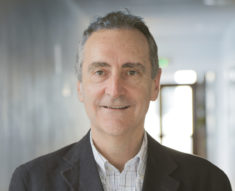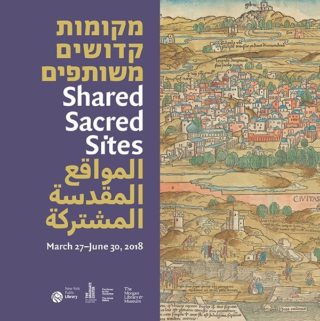Dionigi Albera is an anthropologist and senior research fellow at the French National Center for Scientific Research (CNRS). He is based at the IDEMEC (Institute of European Mediterranean and Comparative Ethnology, Aix-Marseille University), which he directed from 2006 to 2016. His research focuses on Europe and the Mediterranean, and his interests include migration, kinship and family, pilgrimage, and interfaith mixing.
Albera has published two personal books, 33 articles in peer-reviewed journals, and 70 book chapters. He has edited 16 books and three journal issues. Albera’s book Sharing Sacred Spaces in the Mediterranean: Christians, Muslims and Jews at Shrines and Sanctuaries (Indiana University Press, 2012), co-edited with Maria Couroucli, was first published in French and then translated into Spanish, English, and Italian.
His other recent publications include Dieu, une enquête: Judaïsme, christianisme, islam; Ce qui les distingue, ce qui les rapproche, co-edited by Katell Berthelot (Flammarion, 2013); International Perspectives on Pilgrimage Studies: Itineraries, Gaps and Obstacles, co-edited by John Eade (Routledge, 2015); Pellegrini del nuovo millennio, co-edited by Melissa Blanchard (Mesogea, 2015); Reframing the History of Family and Kinship: From the Alps towards Europe, co-edited by Luigi Lorenzetti and Jon Mathieu (Peter Lang, 2016); Dictionnaire de la Méditerranée, co-edited by Maryline Crivello and Mohamed Tozy (Actes Sud, 2016); and New Pathways in Pilgrimage Studies, co-edited by John Eade (Routledge, 2016).
Albera is one of the curators of the touring exhibition Shared Sacred Sites held at the Museum of Mediterranean and European Civilizations in Marseille (Mucem, 2015), the Bardo Museum in Tunis (2016), the Macedonian Museum of Contemporary Art and the National Museum of Photography in Thessaloniki (2017), the National Museum of the History of Immigration in Paris (2017–2018) and the Museum of Confluences-Dar el-Bacha in Marrakesh (2018).

